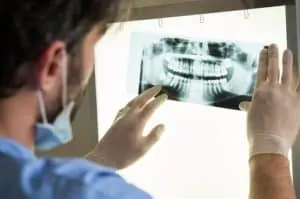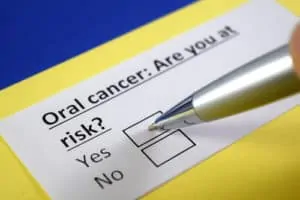
- Popcorn – Notoriously viewed as the #1 worst food for teeth, popcorn can seem harmless, but the danger tends to hide within the puffy, airy, buttery treat. We’re talking about the kernels. These sneaky, hard bits of popcorn can cause some serious damage if bitten on, so snack away carefully.
- Baguettes – When we talk about bread, we typically think about soft, easily chewable sandwich bread. But there’s another type out there that isn’t so easy to nibble. Baguettes have a hard, crispy texture that’s hard to rip and difficult to chew and it can cause some problems for teeth and dental restorations.
- Olive Pits – Any type of food that naturally contains a pit or a seed, like olives, is dangerous to your teeth. While oftentimes the pit is removed, there are occasions when it’s not. Since we may not know when the pit is gone, we recommend eating these types of foods with caution as to not quickly bite down and crack a tooth.
- Candy – It’s pretty well known that candy isn’t great for teeth, but some types of candy are worse than others. Sticky candy like caramels aren’t only tough to chew, they can loosen fillings and other dental restorations. Hard candy isn’t much better. Although it’s meant to be sucked down and softened to a manageable size, sometimes we become impatient and start chewing right away. This can break teeth.
- Ice Cubes – Ice cubes are hard by nature and can be useful when helping to cool down a drink. But we should never chew on them. Eating ice can cause teeth to chip or even to sustain tiny cracks. These cracks may remain unnoticeable, but over time, they’re a great place for bacteria to hide and eat away at enamel creating cavities.
We want our patients to enjoy what they eat, so we’re not asking you to avoid these foods altogether. We’d just encourage you to use caution when eating them to reduce your risk of damage. If you do happen to crack a tooth with a popcorn kernel or lose a filling thanks to a caramel, give our dental office in Asheboro a call. We’ll be glad to help.















